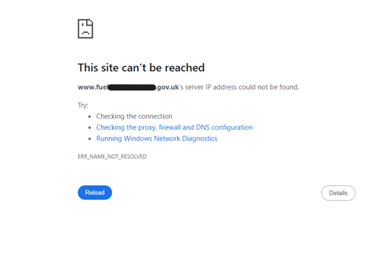A new Transport Energy Task Force has been established to look into ways to decarbonise fuels.
The Task Force will help the Government to examine and formulate options for meeting the 2020 RED renewable transport fuel target and determine how low carbon fuels can help reduce greenhouse gas emissions from UK transport in the period to 2030 and beyond.
The Department for Transport has asked LowCVP to help manage this work and coordinate support from stakeholders.
The first meeting of the Task Force was held on 29 September and drew on the expertise from a broad range of stakeholders, including representatives of: environmental and societal NGOs, oil, biofuel and advanced fuels industries, agricultural industry, alternative fuels sectors, investors and the automotive industry.
Also engaged in the Task Force are representatives from across Government including DfT, Treasury and DECC. Future meetings will have a similar composition of attendees.
It will comprise a high level group and a number of working groups. The high level group has an independent chair - Chris Mottershead of King’s College, London. This group will provide direction to working groups on key questions and issues and review outputs.
The Task Force will seek, specifically, to answer the following questions:
• What trajectories and mechanisms are needed to ensure the UK meets the 2020 RED target for transport sustainably and cost effectively, and so that transport continues to make an effective contribution to greenhouse gas emission reductions to 2030, and beyond.
• What objectives, targets and trajectories could the UK adopt beyond 2020?
• What are the likely impacts of different pathway options (to 2020 and 2030)?
• What evidence is available and required and what criteria should be used to assess options?
• How to maximise the use of the most sustainable renewable fuels and the opportunities for UK industrial growth, eg by supporting existing UK investments made in sustainable biofuels, and stimulating investment in advanced fuels?
The Task Force will explore the potential for consensus among stakeholders and, potentially, provide advice and input to further work commissioned by the DfT, other government departments or LowCVP with respect to road transport energy policy.
The establishment of a collaborative body to look at the future for low carbon road transport fuels was one of the recommendations of LowCVP’s report - Investing in the Low Carbon Journey - which was launched at the Annual Conference in July.
The Transport Energy Task Force is scheduled to report its findings to the Department for Transport by March 2015.

































No comments yet